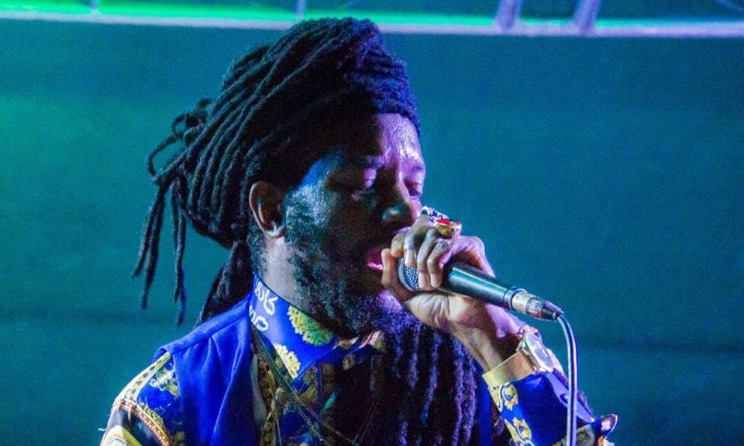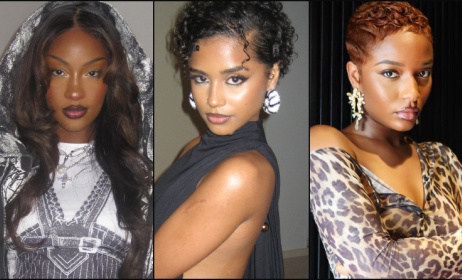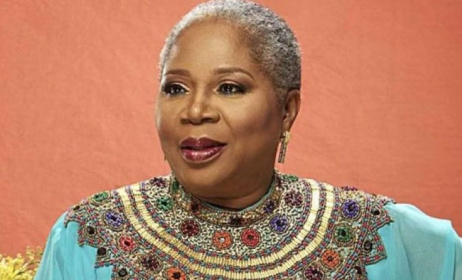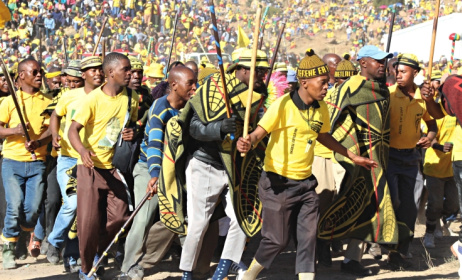Winky D: A bitter pill for Zimbabwe’s ruling class
On 31 December, well-known Zimbabwean dancehall artist Winky D released his much-awaited ninth studio album Eureka Eureka. With a line-up of young and fervent artists on the album, the 39-year-old musician clearly demonstrates what he represents – a voice of a new generation. But this voice, which often levels criticism against a government responsible for deep socio-economic woes in Zimbabwe, is frowned upon by the powerful, leading to the de facto banning of his political songs on state radio and TV.
 Winky D.
Winky D.
Since the release of the track ‘Ijipita’ and his Njema album in 2019, Winky D, whose real name is Wallace Chirumiko, has become a bitter pill to swallow for the Zimbabwean elites. Supporters of the ruling party ZANU-PF have effectively branded him as an enemy of the state and in early January, Tinomuda Machakaire, ZANU-PF deputy minister for youth, sport, art and recreation, reprimanded the Zimdancehall musician for being some sort of deplorable anarchist and “causing unnecessary chaos.” Machakaire then backtracked on this sentiment and called on people to “stop fighting Winky D” – thus neither addressing the party’s official stance on the artist’s music, nor providing a view on why it’s forbidden for musicians to ask questions of their politicians, especially in a country where 74% of the population lives on less than $5.50 a day.
As Bono once said, “Music can change the world because it can change people.” It’s been obvious for decades that those in power are highly cognisant of music’s ability to change the status quo, and their initial reactions usually let the cat out of the bag about the extent to which they fear a reshuffle of the political order. Saying the truth, it seems, causes unnecessary chaos.
This is not a new development in Zimbabwe. Chimurenga progenitor Thomas Mapfumo is arguably the best example of music censorship in the country, which led to his exile to the US in the late 1990s. Other examples of artists who have been smeared by the powers that be include Leonard Zhakata, Oliver Mtukudzi, writer and filmmaker Tsitsi Dangarebga, and journalists Mark Chavunduka and Ray Choto. Winky D is just the latest public figure to join the feared club of iconoclasts in his country.
Wink D’s political material also illustrates the double standard among members of Zimbabwe’s political class, with his love songs receiving airplay on state-owned radio stations like Star FM, while his political songs are treated as if they never existed in the first place. In contrast, Jah Prayzah’s politically charged songs like ‘Kutonga Kwaro’ and ‘Mdara VaChauya’ are often played on state radio stations because their content favours the hegemony. Interestingly, Supa Mandiwanzira, a close ally of the late president Robert Mugabe, owns an independent radio station called ZiFM Stereo, which plays all of Winky D’s music.
Like in some dystopian novel, free-thinking Zimbabwean artists are actively snubbed and demonised for speaking out against a political system that has major deficiencies in securing prosperity for the people, to put it lightly. This is despite President Emmerson Mnangagwa saying in 2018 that freedom of speech is an indispensable part of the “new Zimbabwe”. If that were the case, this article would never have been written. Now, in 2023, Zimbabwe prepares for a general election, a fractious time where violence, speech curtailment and the same old political depravity take centre stage.



































Comments
Log in or register to post comments